It’s no coincidence that in the same year founder Joanna Jensen secured the first national retail listing for kids’ skincare brand Childs Farm, Facebook surpassed one billion users. Few brands could have ridden the rising crest of social media better.
“We have been extremely fortunate - or you could say extremely strategic - that the social media revolution happened at the same time the brand launched,” admits former investment banker Jensen, chatting at the Hampshire offices the team moved into a year ago (supply chain staff have already “been banished to the stable block” as it expands at a “phenomenal” rate).
As for most startups, traditional marketing had been “too rich for our blood” when Jensen first quit her job in 2010 to scale up sales of the all-natural moisturisers and bath products she’d created on the family farm. “My reason for starting the business was very simple, it was need. I had two little girls, one of whom had appalling skin and was allergic to everything. They hated bath time, the little one principally because it hurt so much.”
“It’s a complete word of mouth strategy. It’s incredibly powerful, it breeds loyal consumers, and people feel they’re part of our brand”
Raised around homeopathic treatments and “quite used to mixing up our own concoctions” the blend of essential oils, such as sunflower and chamomile, alongside plant-derived antioxidants and natural fragrances such as citrus fruit peel, that Jensen developed worked a treat. “The real changing point for us was when friends whose children had eczema were coming back and saying how much their skin had improved since using the products.” Clinical trials confirmed “the whole range suitable for sensitive and eczema prone skin” and from there growth was rapid.
In those early days “I hadn’t got the first clue, I didn’t even know what fmcg stood for. It was a complete learning curve. I thought I’d just phone up Waitrose and say ‘I’ve got this lovely product, do you want to list it?’ I realised it’s a tough old business out there.”
It helped that Jensen wasn’t a first-time entrepreneur (“my first job was my own interior business - I’ve done everything”) and that she had years of experience in investment banking, giving her a solid grounding in different funding models.
But what has also been instrumental in securing listings in all the major grocers (with the range launching in Sainsbury’s this month) and a projected RSV turnover of £35m for 2018 (up 514% year on year) has been the sheer force of its online fanbase. Not least the 250 unofficial ‘brand ambassadors’ whose “kids feature in our advertising. They give us the most brutal feedback and when we first started they were telling their friends all about us. They’re brilliant at helping with store compliance too and send us photos constantly. They are the essence of what we are and we absolutely adore them.”
Read more: Amelia Harvey on collaboration and The Collective
Eighty thousand-plus follow the brand on Facebook with posts liked, shared and commented upon hundreds of times. Only in March one Facebook post hailing the benefits of the cream for eczema-prone skin was shared 65,000 times over one weekend and generated 102 pieces of press coverage.
“We have no control over it but we have such enormous brand love because it works and our consumers tell other consumers about us - it’s a complete word of mouth strategy. It’s incredibly powerful, it breeds loyal consumers, and people feel they’re part of our brand.”
Some have even gone on to influence the brand’s export strategy. “We get a lot of emails from parents who can’t find us in their territory and want to quit their jobs to set up a business and sell our products,” says head of sales Andrew Rayner. It’s “a bit nuts. But when you find those people who love the brand as much as we do, and have some relevant experience in what they’re doing, it works.” Distribution in Iceland is managed by a fan so devoted she “has decorated her entire car with Childs Farm stickers and pictures” with “passionate distributors” also behind subsequent launches in the Middle East, South Africa and Thailand.
Snapshot
Name: Joanna Jensen
Age: 48
Family: Two girls, Mimi and Bella
Potted CV: First job at 18 was in interior design. Then worked in investment banking in Hong Kong before coming back to London for more investment banking. Had first child and focused on breeding horses. Had second child and started Childs Farm.
Career peak: Every time I see a case study with before and after photographs it’s quite overwhelming. People leave messages on the voicemail and I start crying - it’s overwhelming the difference these products can make to people’s lives.
Business regret: Always check the address. I delivered two pallets of product to an optician in Sevenoaks by mistake - they were meant to go to Taiwan.
Business idol: It was always my grandfather, he was the most extraordinary man.
Best advice: My grandfather gave me the soundest piece of advice: turnover, turnover, turnover. If you don’t have something coming in you don’t know what you can give out.
Hobbies: Being a glorified taxi driver for the girls is obviously a career alternative. We have four dogs too so loads of dog walking.
Death row meal: British rare breed beef, Jersey Royal potatoes, absolutely buckets of butter and fresh green salad with delicious tomatoes washed down with lots of red wine.
To sustain all this brand equity, Jensen has shunned advice from media buying agencies about working with paid bloggers or influencers. “We can’t see how paying someone to write something in the press makes us honest, authentic or trustworthy. If someone wants to say something negative that’s absolutely their prerogative.”
That authenticity online, she insists, has given it a major advantage over competitors, with 92% of total growth in the category in the past year driven by the brand [Kantar Worldpanel] despite it occupying only 20% of the branded baby toiletries market. Sales are 134% higher than market leader Johnson’s Baby in Boots. “We had a digital social media agency question the way we spoke to our consumers but I said this is the way we talk. If someone posts that they can’t get the lid off, we say ‘oh you’re having a funny five minutes’ - we talk to them like we’d talk to a friend.
“We’re lucky we’re not constrained by what big businesses have, going to legal before they answer a question. We just answer the question. Some are trying to copy our tone of voice but it’s so inauthentic it doesn’t work. Which is why these bigger conglomerates are buying up smaller businesses and leaving them well alone, because they don’t know how to replicate the authenticity of a small group of people all completely aligned, that will live and die by the success or failure of that brand.”
With that comes added risk, of course. “We don’t say to the team ‘it’s alright guys, there’s a safe in the back room and it’s got £2m so do what you want, if you balls it up we’ve still got some cash left’ - that’s not how it works. The meaning of the word entrepreneur is a risk-taker - everybody who works here is collectively taking risk. That’s the joy of it. It’s all so exciting and completely potty but passion breeds passion.”
And online that passion can spread like wildfire.



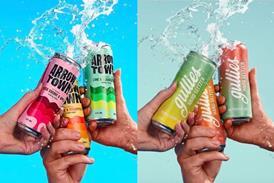
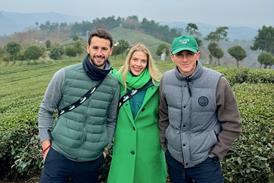


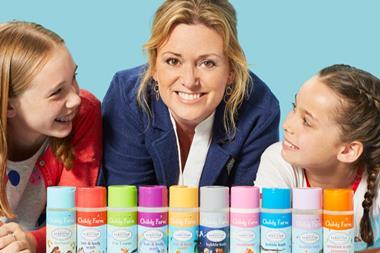
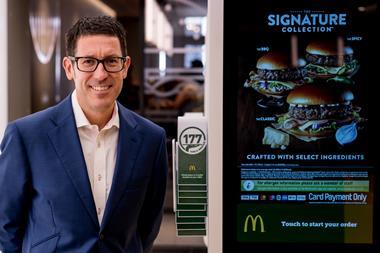
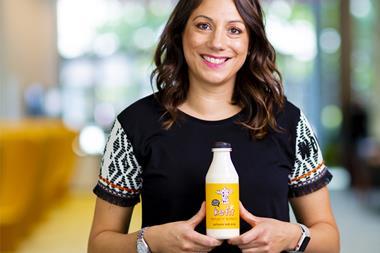
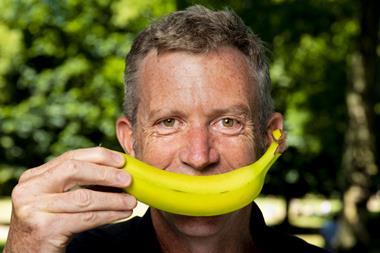
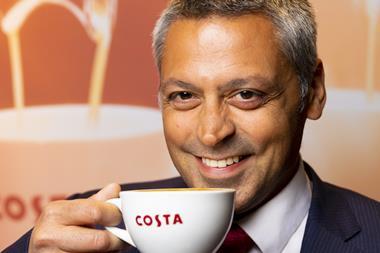


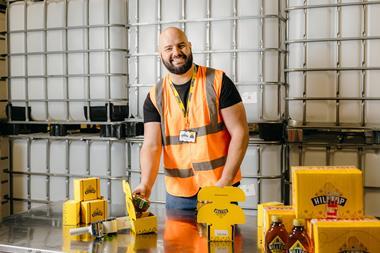
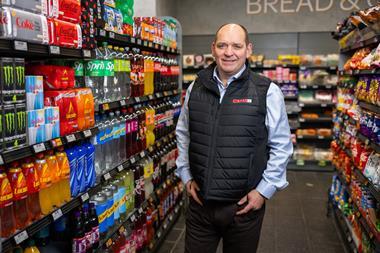
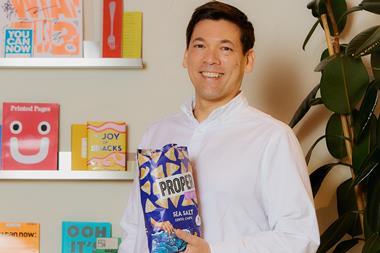
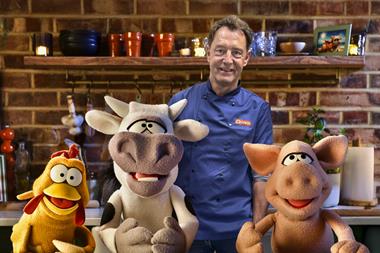
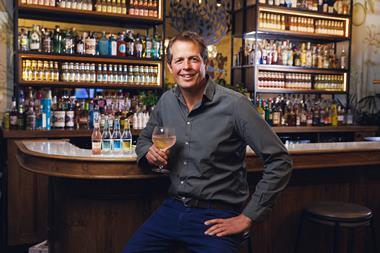
No comments yet